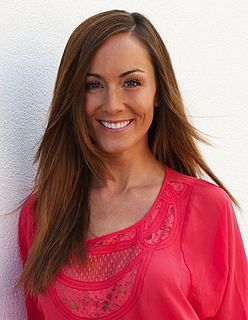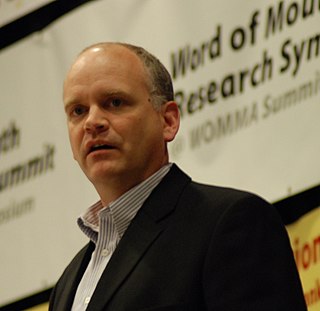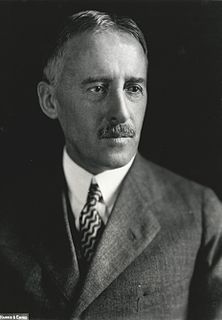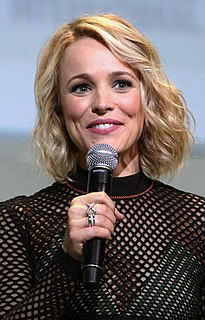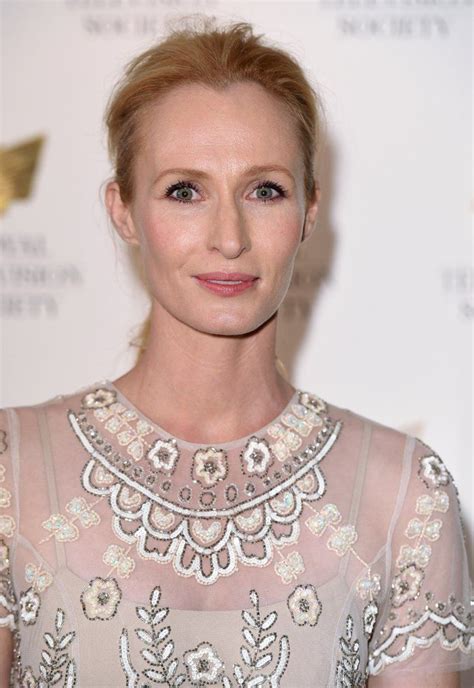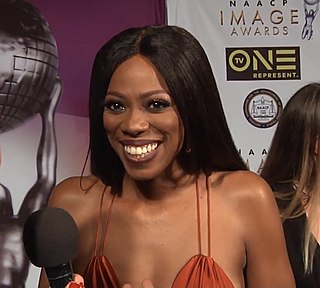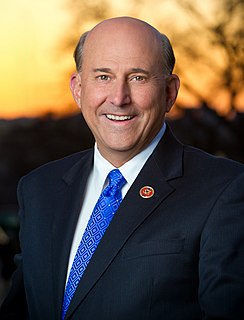A Quote by Amanda Lindhout
The big-time journalists generally had kidnapping insurance through their news organizations. Usually, it would pay for a crisis response company to help negotiate for a hostage's release. Freelancers most often had none.
Related Quotes
I decided to start a medical training program for freelancers, only freelancers. They're the ones who are doing most of the combat reporting. They're taking most of the risks. They're absorbing most of the casualties. And they're the most underserved and under-resourced of everyone in the entire news business.
Wallace Stevens had more time to write as an insurance agent. He was a bond lawyer and I know that insurance company lawyers don't have to do nearly as much as we had to do. We were out more in the production area. I'm not condemning Stevens for having had a better job than I did, but that's one of the many places where I differ from him.
I met journalists that were on both sides of things. People who are young, enthusiastic and hard working journalists working on the online side and people who had been there forever. There was one journalist who had running shoes under her desk in case she had to kick of her heels and go out and cover a breaking news story.
I've interviewed people where their response was literally one word for everything I asked. This didn't help me get to know them, nor did it sell me on their skill set to help my company achieve its goals. I got nothing from them, which meant I had no way of knowing if they were really a good fit in the company.
People just want to see something happen that is positive for them in their lives. If you're struggling to pay your student-loan debts, or if you've got a kid trying to go to college and don't think you're going to be able to afford it, it really matters whether you get help or not. If you don't have health care or you have insurance but the insurance company won't pay for what your doctor says you need, then what's the point of people arguing in Washington? Why don't you give me some help to fix this problem? I will work with anybody if I think we can actually produce results for people.
